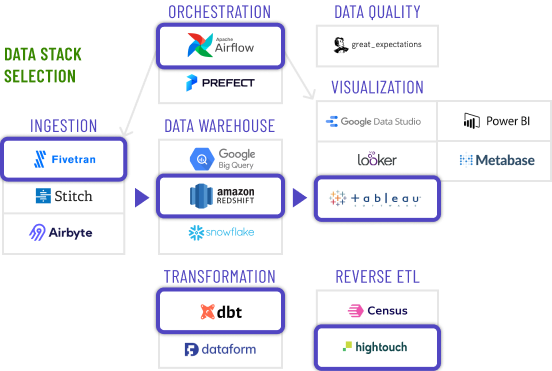Home / Case Studies / Unlocking the Power of Data for Growth

We partnered with a global sports equipment manufacturing company with over 1,000 employees that designs, markets and sells custom golf equipment and apparel. They provide a presence in both brick and mortar stores along with ecommerce sales.

The company's rapid expansion created a patchwork data architecture managed by multiple teams with different skill sets and priorities. Over time, this architecture was unable to support advanced data products (including ML, etc) to achieve sales growth worldwide. In addition, the strict governance and permission structures the company established made onboarding new data sources a complex process with long implementation timelines. Their data infrastructure was so complicated that they were afraid to tackle both its complexity and limited access and needed help implementing a data lake along with a trained staff to manage it.



4951 Lake Brook Dr #225
Glen Allen VA 23060
804.577.5522
go@rtslabs.com